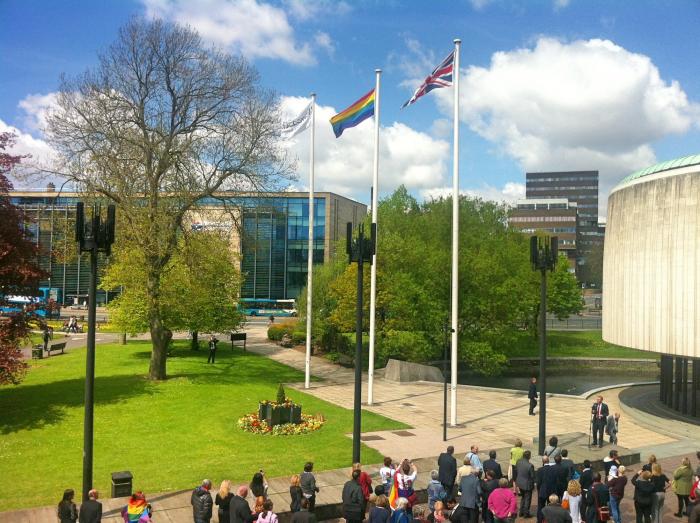Eight Easiest Languages to Learn

Swahili, Norwegian and Dutch have been named among the eight easiest languages for native English speakers to learn.
Experts from travel specialists MyBaggage.com have revealed some of the most straightforward foreign tongues for Brits to tackle and become fluent in.
Other languages that make the simple list due to a shared alphabet, common vocabulary and easy to pick up grammatical structures include Indonesian, French and Spanish.
A spokesperson for My Baggage said: “Brits often get an easy ride when travelling internationally, as English is the world’s second language.
“But we believe in making an effort to learn the local tongue when abroad for business or pleasure, or moving overseas more permanently.
“Adding a second language to your armoury can open up many new professional and social opportunities.
“So for Brits that are perhaps a bit apprehensive about attempting foreign languages, we’ve revealed eight of the easier ones to pick up.
“Bear in mind it could still be hard to get practice in abroad sometimes though, as often locals will want to utilise their own English once they learn you’re from the UK.”
Here is the My Baggage list of eight easy languages to learn:
1. Swahili
Common across eastern Africa, Swahili pronunciation isn’t difficult to master as words are often spelt phonetically.
Grammar is relatively straightforward and logical too, making this probably the easiest African language for native English speakers to learn.
2. Norwegian
Though spellings clearly differ, Norwegian words are often easy to discern. This is because a significant proportion of Norwegian vocabulary is roughly shared with English, as both are Germanic languages.
Such is the variety of accents in Norway, there’s rarely a single correct way to pronounce words either. The similar Swedish language can also prove an easier option for English speakers to learn.
3. Dutch
Another Germanic language that shares elements of vocabulary with English, Dutch words are frequently spelt exactly the same as in English as well.
Though pronunciation and meaning can sometimes vary with similar words, it should be simple for an English speaker to learn the sounds of the Netherlands’ main language. Afrikaans, a variety of Dutch spoken in South Africa, is very similar and also straightforward to learn
4. Indonesian
A member of the Malay language family, standardised Indonesian is one of the few Asian languages to use the familiar characters of the common Latin alphabet.
Many words are spelt phonetically too and whilst grammatical structures are significantly different to English, there are very few rules to learn and follow.
5. Spanish
Spanish has always been a go-to language to learn, as it’s has hundreds of millions of speakers around the world. Many cognate words look and sound similar to English too, as elements of both languages derive from Latin.
Grammar can be more complicated than in English, but the popularity of Spain as a holiday destination and the prominence of Spanish over other foreign languages in every day culture make it an easy option to learn.
6. Esperanto
Created by the Polish ophthalmologist Ludwik Zamenhof during the 1870s, the Esperanto language was constructed to serve as a universal second language to ease international communication.
Though take-up remains relatively low today, the fact that the invented auxiliary tongue was designed to be easy to learn, makes it easy to learn. Vocabulary is shared with both Germanic and Romance languages, with grammar derived from Slavic languages.
7. Romanian
Romania may be in eastern Europe, but the country’s native tongue is a Latin language and shares many words with more common western European languages.
Unlike English, letters and combinations don’t have multiple pronunciations – when reading Romanian, you simply say what you see.
8. French
French is relatively easy to learn as it is one of the most commonly spoken foreign languages in the UK, with countless resources available to non-native speakers and the accent well-known in popular culture.
Many words are instantly recognisable to Brits due to the close cultural ties with our closest continental neighbour and many will be able to dust off snippets of vocabulary and grammar that they learnt at school too.




